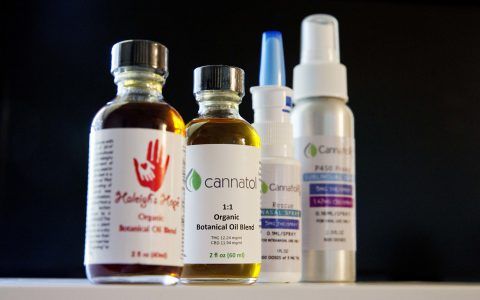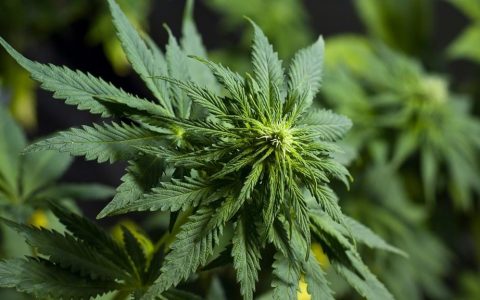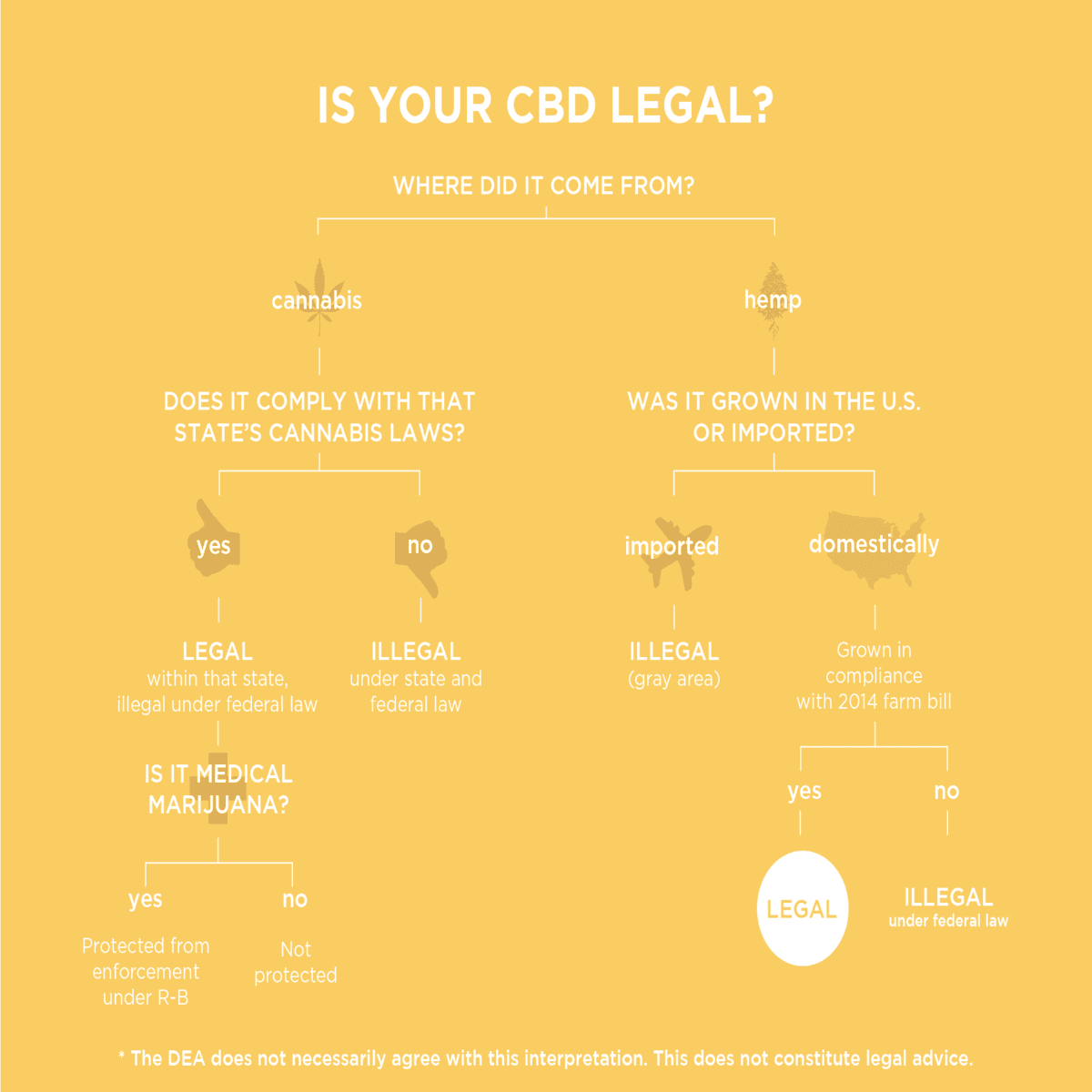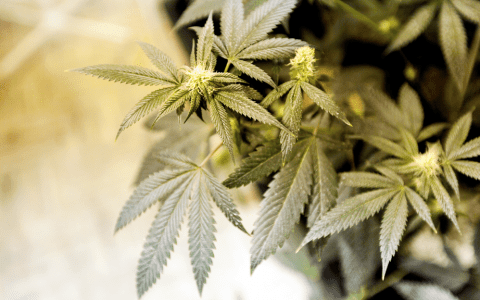Baron23
Well-Known Member
Yes, we once thought big tech was going to be a major tool for individual liberties has just turned into another part of the corporate nanny state. Sad really...nobody seems to hold the high ground anymore.
Tech companies Google and PayPal not playing nice with cannabis industry
With marijuana now legal in over 60 percent of the United States, and with the latest estimates showing the cannabis industry could be worth a whopping $57 billion by 2027, it seems unlikely that major tech companies, like search engine giant Google and online payment platform PayPal, would still have a problem doing business with cannabis-related operations.
But businesses that market ancillary pot products, such as vaporizers and e-cigs, say they have been completely shutout of the world of e-commerce.
At one time, Tyler Browne, owner of the To The Cloud Vapor Store says his website, which sells a variety of herbal vaporizers commonly used for the consumption of marijuana, was able to advertise and sell products through popular services such as Google Adwords and Bing Shopping. But now these online sales tools have severed ties with businesses connected to the cannabis scene.
Browne told Forbes that any company that makes its way selling cannabis vaporizers is being eliminated from the public eye and their accounts are being suspended, without question. This is a drastically different situation than it was before, he added.
“In the past, it was like a game of cat and mouse,” Browne explained. “We spent so much on Google AdWords they actually gave us an account representative. The account reps would joke that they knew the products’ intended use, but would give us ways to get around it, like calling it an aromatherapy diffuser or omitting the word vaporizer.
“Having an account representative to help us remain compliant felt reassuring,” he continued, “like we would be able to keep the business growing with Google AdWords. One day, the account was suspended without warning. The once easy-to-count-on account representative was no longer able to respond, and appeals fell on deaf ears or instructing us to the terms of service agreement.”
Google considers marijuana and anything associated with it, including “pipes and bongs," to be dangerous products or services. According to the company’s advertising policy, it does not allow the “promotion of substances that alter mental state for the purpose of recreation or otherwise induce "highs” or “products or services marketed as facilitating recreational drug use.”
Unfortunately, vaporizers fall into the company's Dangerous Products or Services category because they are also associated with tobacco.
“Herbal cigarettes, electronic cigarettes, or e-cigarettes,” are not permitted.
But it is not just those tech firms providing companies with advertising opportunities that are bringing down the hammer. Browne says PayPal has made online sales next to impossible.
In fact, the online payment company recently asked for proof that To The Cloud Vapor Store was not selling certain items. This is because PayPal does not wish to facilitate transactions from websites dedicated to selling vaporizers. The company claims it puts them at risk for "fraud, charge backs, and bad actors,” according to press release issued by To The Cloud Vapor Store.
PayPal’s sales policy strictly prohibits transactions dealing with “certain controlled substances or other products that present a risk to consumer safety, drug paraphernalia, cigarettes, items that encourage, promote, facilitate or instruct others to engage in illegal activity.”
However, sales involving e-cigarettes require pre-approval, according to the website.
Browne says tech firms are targeting companies that sell vaporizers. But the policy is not the same for every vaporizer business. He is concerned that smaller firms, like his, will eventually be shunned from this vital market space – leaving it open only to those with influence.
And he's not the only one who feels this way.
“Very early on, it became apparent to me that this industry wasn’t equally embraced by all,” explained Vape Critic, a recognized source for information on cannabis vaporizers. “But it went even deeper than that; I noticed also that many were willing to look the other way, even though content of this nature was essentially against their terms. This is when you need to realize that you’re building your business on the side of a volcano, which could erupt at any time and vaporize you overnight -- pun intended.”
Tech companies Google and PayPal not playing nice with cannabis industry
With marijuana now legal in over 60 percent of the United States, and with the latest estimates showing the cannabis industry could be worth a whopping $57 billion by 2027, it seems unlikely that major tech companies, like search engine giant Google and online payment platform PayPal, would still have a problem doing business with cannabis-related operations.
But businesses that market ancillary pot products, such as vaporizers and e-cigs, say they have been completely shutout of the world of e-commerce.
At one time, Tyler Browne, owner of the To The Cloud Vapor Store says his website, which sells a variety of herbal vaporizers commonly used for the consumption of marijuana, was able to advertise and sell products through popular services such as Google Adwords and Bing Shopping. But now these online sales tools have severed ties with businesses connected to the cannabis scene.
Browne told Forbes that any company that makes its way selling cannabis vaporizers is being eliminated from the public eye and their accounts are being suspended, without question. This is a drastically different situation than it was before, he added.
“In the past, it was like a game of cat and mouse,” Browne explained. “We spent so much on Google AdWords they actually gave us an account representative. The account reps would joke that they knew the products’ intended use, but would give us ways to get around it, like calling it an aromatherapy diffuser or omitting the word vaporizer.
“Having an account representative to help us remain compliant felt reassuring,” he continued, “like we would be able to keep the business growing with Google AdWords. One day, the account was suspended without warning. The once easy-to-count-on account representative was no longer able to respond, and appeals fell on deaf ears or instructing us to the terms of service agreement.”
Google considers marijuana and anything associated with it, including “pipes and bongs," to be dangerous products or services. According to the company’s advertising policy, it does not allow the “promotion of substances that alter mental state for the purpose of recreation or otherwise induce "highs” or “products or services marketed as facilitating recreational drug use.”
Unfortunately, vaporizers fall into the company's Dangerous Products or Services category because they are also associated with tobacco.
“Herbal cigarettes, electronic cigarettes, or e-cigarettes,” are not permitted.
But it is not just those tech firms providing companies with advertising opportunities that are bringing down the hammer. Browne says PayPal has made online sales next to impossible.
In fact, the online payment company recently asked for proof that To The Cloud Vapor Store was not selling certain items. This is because PayPal does not wish to facilitate transactions from websites dedicated to selling vaporizers. The company claims it puts them at risk for "fraud, charge backs, and bad actors,” according to press release issued by To The Cloud Vapor Store.
PayPal’s sales policy strictly prohibits transactions dealing with “certain controlled substances or other products that present a risk to consumer safety, drug paraphernalia, cigarettes, items that encourage, promote, facilitate or instruct others to engage in illegal activity.”
However, sales involving e-cigarettes require pre-approval, according to the website.
Browne says tech firms are targeting companies that sell vaporizers. But the policy is not the same for every vaporizer business. He is concerned that smaller firms, like his, will eventually be shunned from this vital market space – leaving it open only to those with influence.
And he's not the only one who feels this way.
“Very early on, it became apparent to me that this industry wasn’t equally embraced by all,” explained Vape Critic, a recognized source for information on cannabis vaporizers. “But it went even deeper than that; I noticed also that many were willing to look the other way, even though content of this nature was essentially against their terms. This is when you need to realize that you’re building your business on the side of a volcano, which could erupt at any time and vaporize you overnight -- pun intended.”











